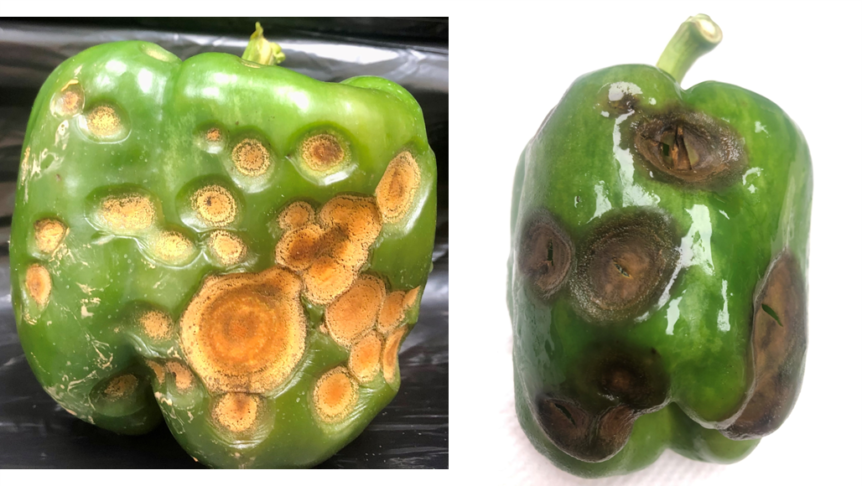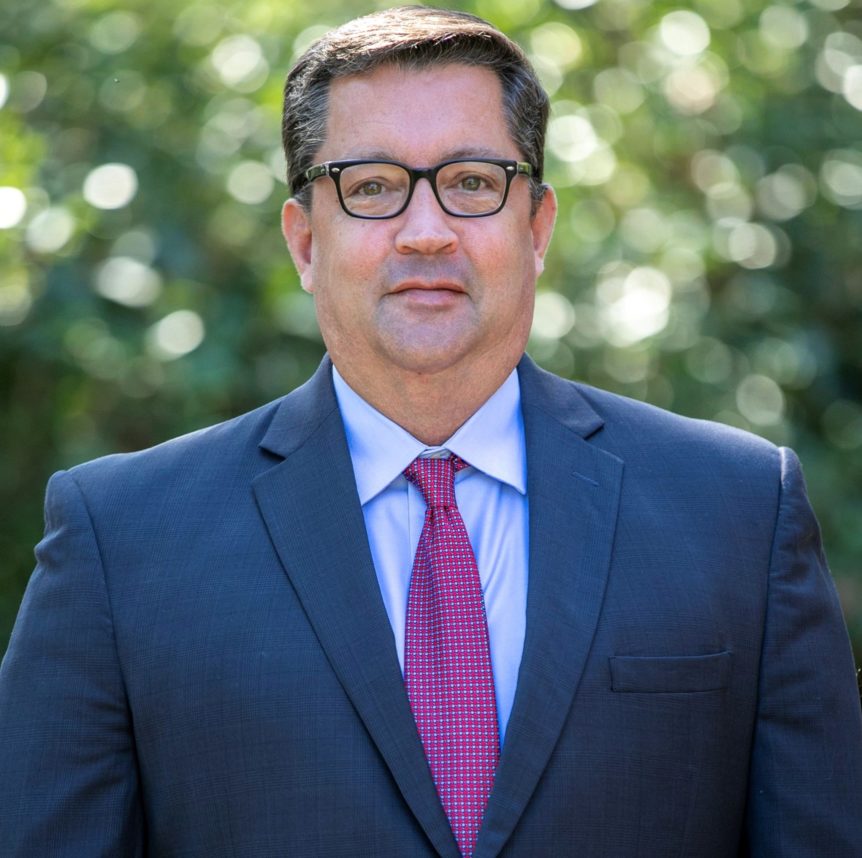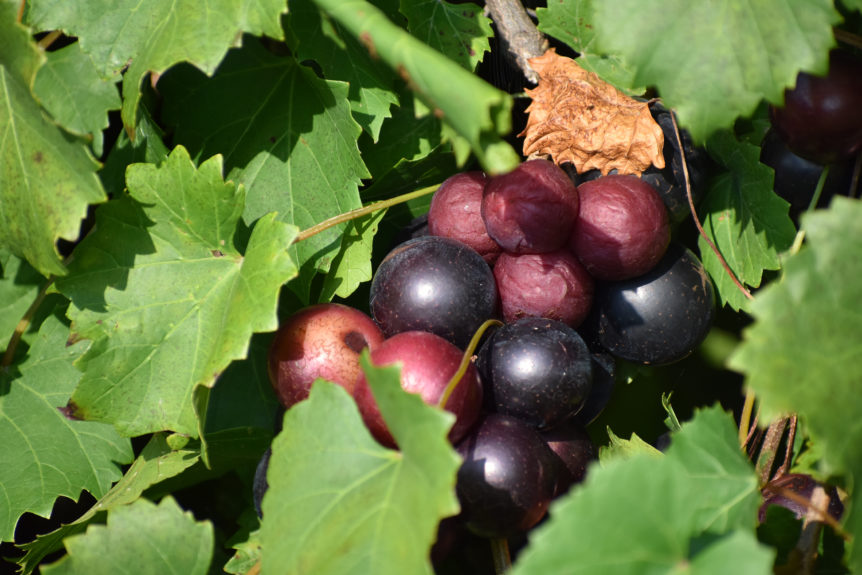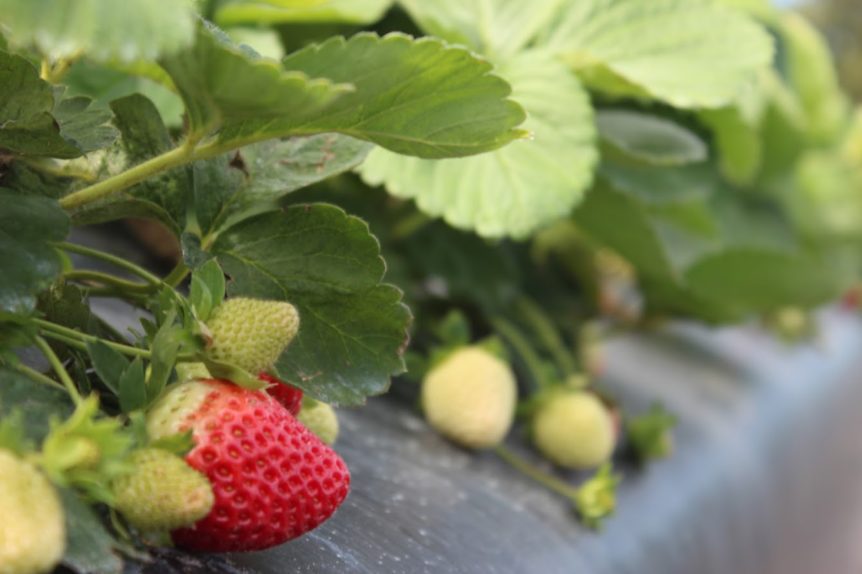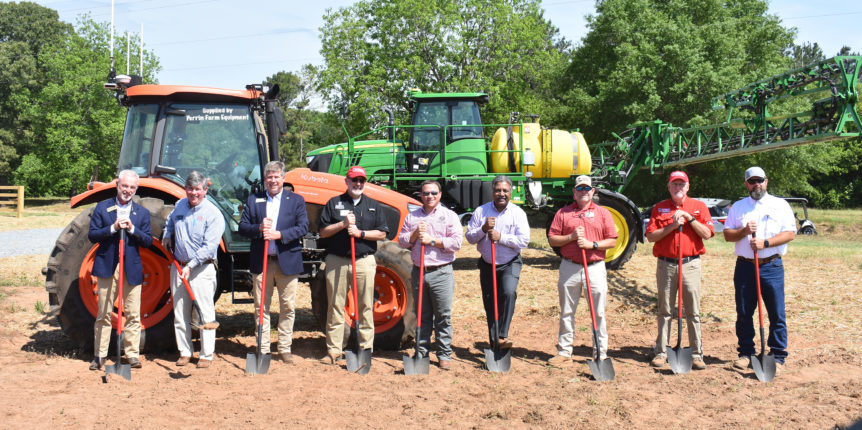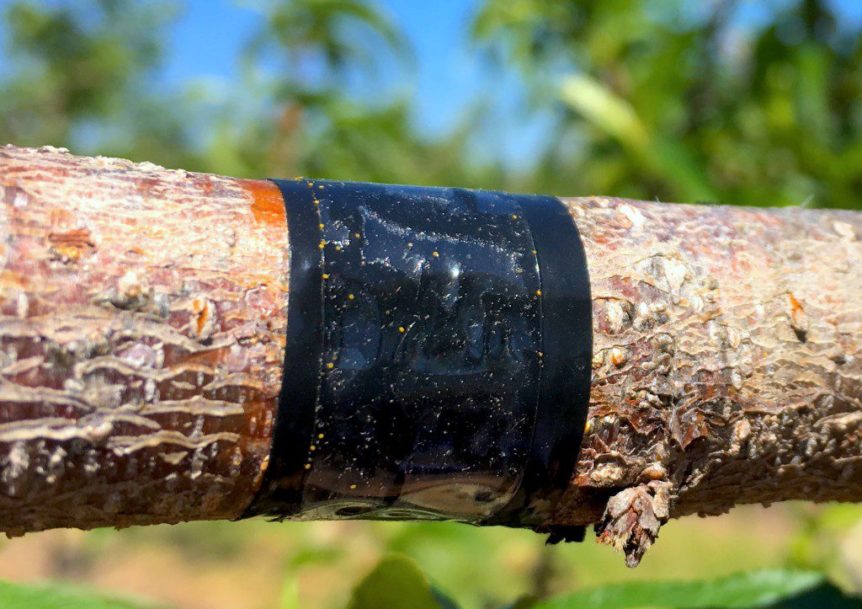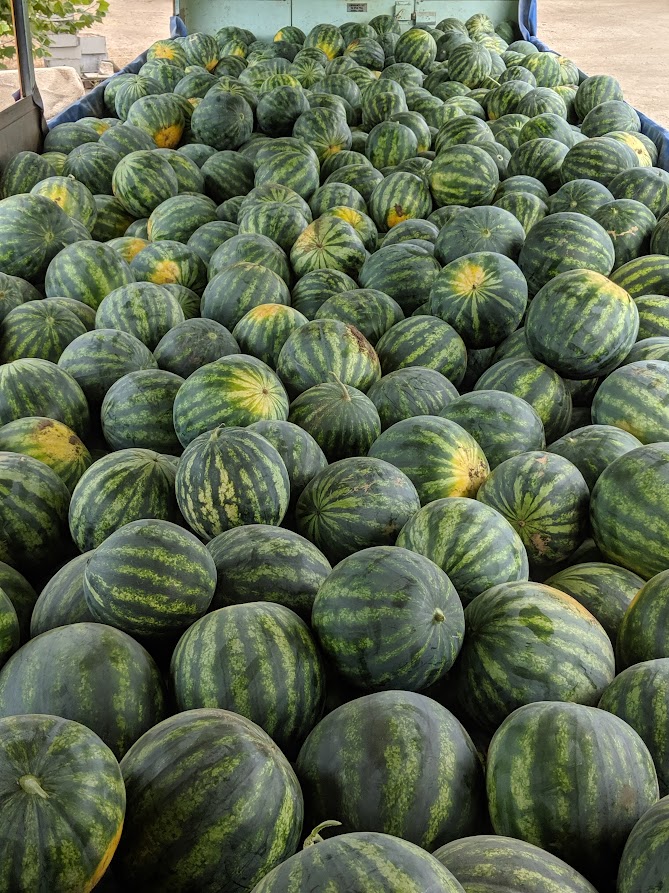By Clint Thompson The cancellation of the Local Foods for Schools Program (LFS) left one U.S. Senator asking the Ag Secretary, ‘Why?’ A heated exchange between Senator Jon Ossoff (GA) and Ag Secretary Brooke Rollins occurred during the U.S. Senate Appropriations Subcommittee on Agriculture, Rural Development, Food and Drug Administration, and Related Agencies hearing on May 6. Ossoff asked why …
Anthracnose on Rise in Peppers
By Clint Thompson Anthracnose in pepper is the basis for research collaboration between the University of Georgia and Cornell University. Incidences of the disease have increased in pepper in recent years, sparking concern of a new species or species complex within the agricultural communities in both Georgia and New York. Because of the lack of treatment methods available to organic …
Precision Ag Conference: We’ve Got to Do More With Less
By Clint Thompson Technological innovations in agriculture were the focus of this year’s Integrative Precision Agricultural Conference. It is likely the key to survival for most farmers, but especially specialty crop producers, explains Chris Butts, executive director of the Georgia Fruit and Vegetable Growers Association (GFVGA). “Technology has the potential to be the solution to level the playing field for …
Sprayer Calibration Notes for Grape Producers
The grape production season is underway, and Southeast producers need to ensure their vineyard sprayers are properly calibrated, according to Sarah Lowder, University of Georgia (UGA) viticulture Extension specialist. She noted in the UGA Extension Viticulture Blog that proper calibration ensures growers are applying the right amount of product to their vines, maximizing effectiveness, minimizing waste and protecting the crop …
Ag Secretary Testimony: Application Portal for Disaster Relief to Open Soon
By Clint Thompson Southeast specialty crop farmers can expect the portal to apply for federal disaster relief assistance to open in the next couple of weeks, no later than the end of the month. That is according to Secretary of Agriculture Brooke Rollins, who testified before the U.S. Senate Appropriations Subcommittee on Agriculture, Rural Development, Food and Drug Administration and …
Georgia Strawberry Production Perseveres Despite Neopestalotiopsis
By Clint Thompson Neopestalotiopsis disease has been problematic in some Georgia strawberry farms this year. Drew Echols, owner of Jaemor Farms in Alto, Georgia, was not immune to the disease’s impact in North Georgia. However, he has a better outlook on this year’s crop compared to earlier in the season. “I’ve got too many gaps in the field. But the …
Grand Farm Groundbreaking: UGA Perry Site to House Innovative Research
By Clint Thompson The groundbreaking for the University of Georgia (UGA) Grand Farm was held on Friday in Perry, Georgia. Located adjacent to the Perry Fairgrounds, the 250-acre research site will serve as a breeding ground for ag innovation. Ag research, representing row crop commodities to specialty crops, and companies from across the world, will help put Georgia on the …
Peach Insect Pests to Watch Out For
By Clint Thompson Peach harvest season is just a few weeks away for Southeast growers. But before producers start picking this year’s crop, they need to be managing this season’s insect pests. Two come to mind, says Brett Blaauw, assistant professor at the University of Georgia (UGA) College of Agricultural and Environmental Sciences. “Now that we are really in the …
Warmer, Wetter Conditions Expected in Early Summer
Early weather projections indicate a summer pattern that shows warmer and wetter conditions than normal. Pam Knox, University of Georgia (UGA) Extension agricultural climatologist, noted in the UGA Extension Climate Blog that, “the early summer pattern does show a continuation of warmer than normal temperatures due to the influence of rising temperatures caused by global warming, but rainfall is showing …
Dry Weather Preferred for Georgia Watermelon Producers
By Clint Thompson South Georgia’s dry weather conditions are not a bad thing for the region’s watermelon production. In fact, it is what specialty crop producers prefer. They want to be the ones applying the water, says Ty Torrance, University of Georgia Cooperative Extension vegetable agent for Colquitt, Tift and Worth counties. “As far as vegetables go for sure, we’d …











